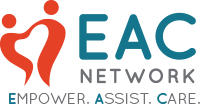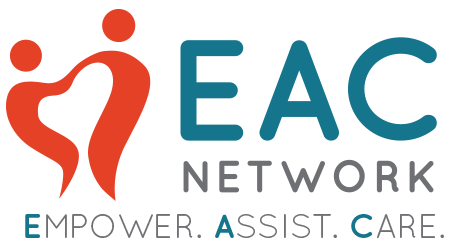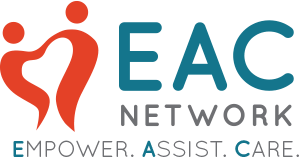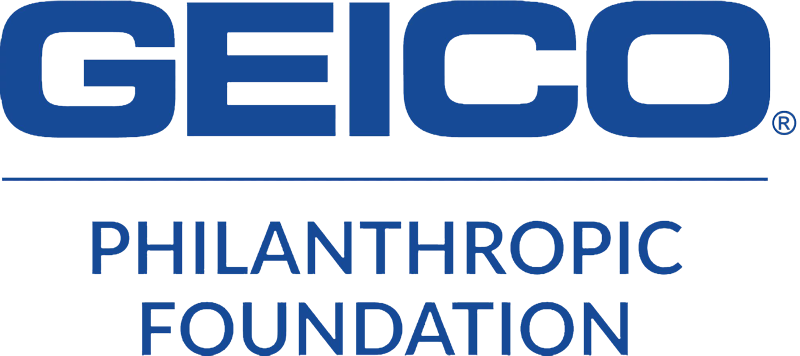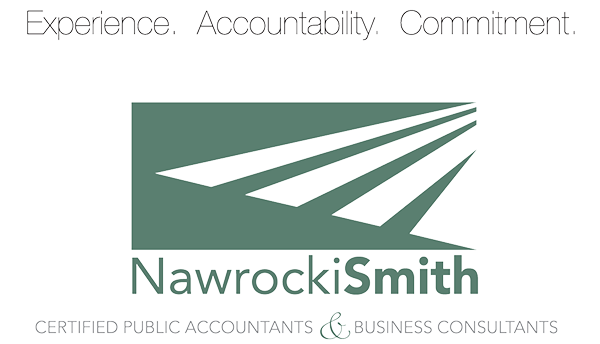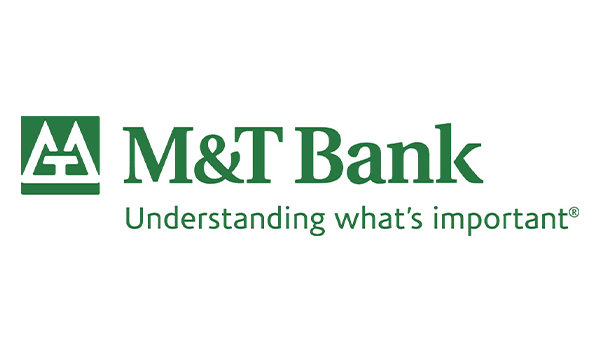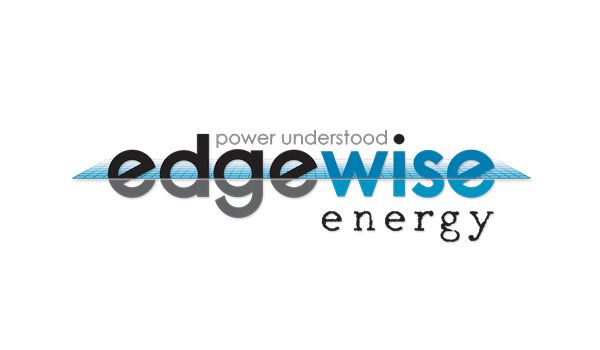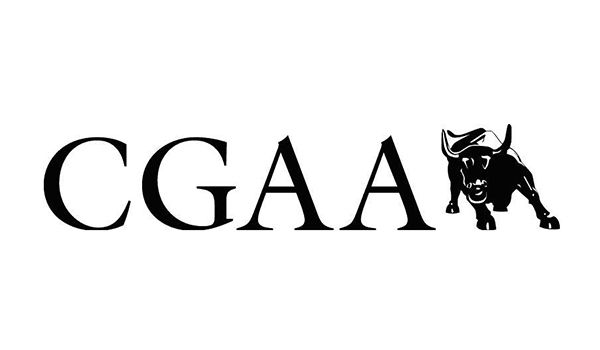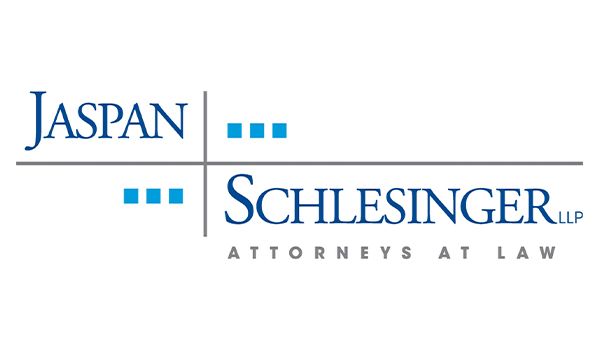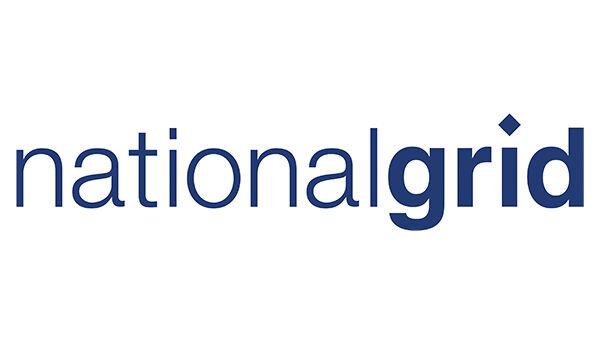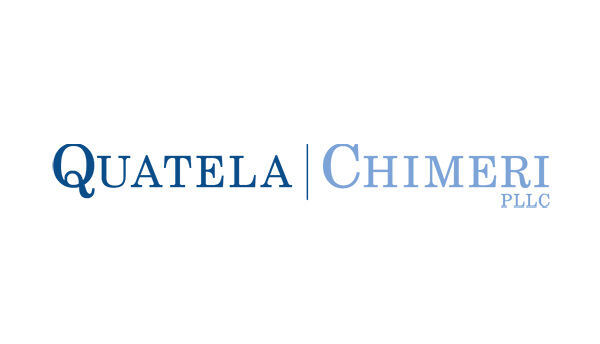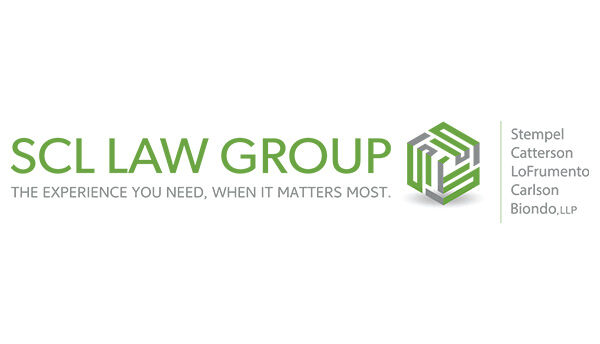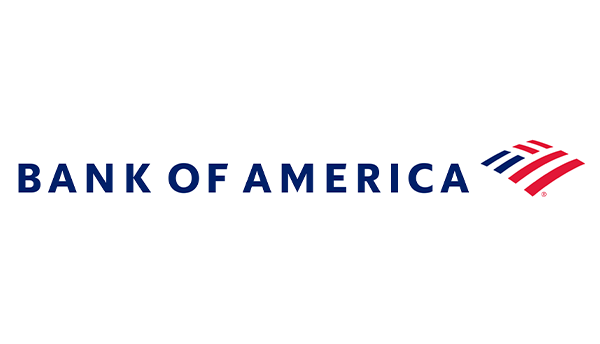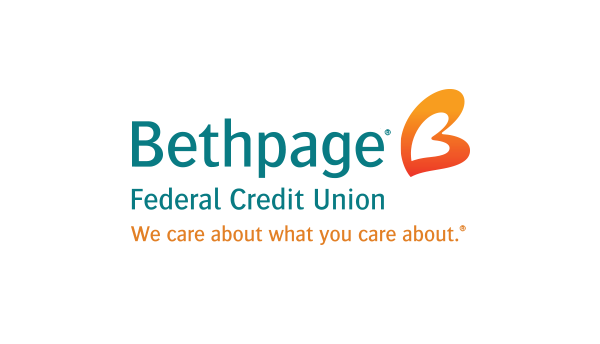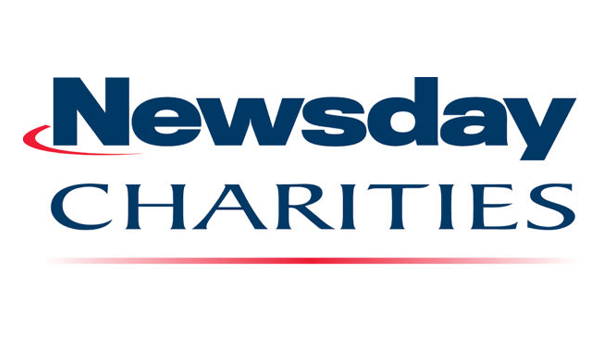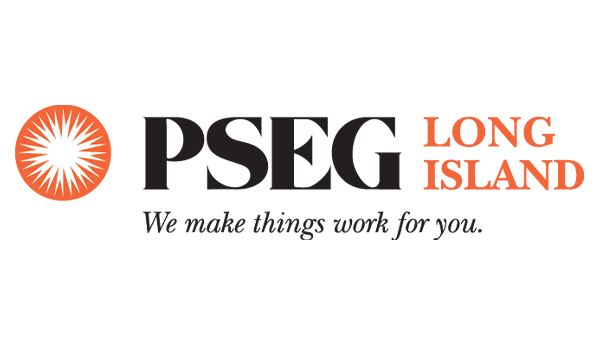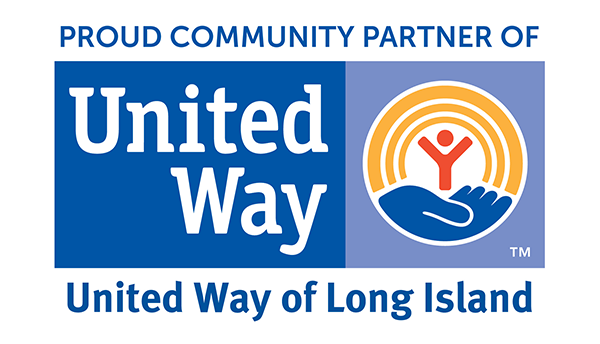
The Manhattan Treatment Court (MTC) offers participants diagnosed with substance abuse disorders alternatives to incarceration. The goal is to help break the cycle of incarceration for substance-abusing first-time felony offenders. While this program provides a life-changing opportunity, there are still obstacles that these individuals face, which is why programs like EAC Network’s Manhattan Treatment Court Risk-Needs-Responsivity Project are so vital. They provide case managers, vocational counselors, and peer services to assist these participants with a plan and steps to aid them in their recovery and improve their chances at stability.
A Path Toward Sobriety Benefits from Routine and Structure
The most critical step on your journey toward recovery is accepting that you have a problem and need help. This process will be paved with challenges, setbacks, and triumphs. If you embark upon the journey with a flexible attitude, accepting that it won’t be perfect, you’re more likely to experience success. Maintaining a positive mindset, nonjudgmental human connection, and a strong support system provide empowerment as you navigate the twists and turns of addiction.
Some of the challenges you can expect to face include dealing with complex emotions, relationship issues, financial issues, strong cravings to use or practice the addictive behavior, boredom, discovering an underlying mental health issue, returning home, and a possible relapse.
Establishing stability is key, and there are several ways to create it, such as receiving mentoring and securing steady employment. As the Substance Abuse and Mental Health Service Administration (SAMHSA) points out, those seeking and receiving treatment for substance abuse have much better recovery outcomes if they can find rewarding and profitable employment.
Combined Efforts: Manhattan Treatment Court and EAC Network
EAC Network recognizes the remarkable benefits of the work being done through the Manhattan Treatment Court. We offer additional services to this effort through our Manhattan Treatment Court Risk-Needs-Responsivity Project.
In collaboration with the MTC and their substance abuse services, our staff provides vocational and mentoring services that assist with job readiness and preparation. The sense of routine, structure, and guidance from peer services like these lays a foundation for recovery, providing a solid framework for individuals to build upon.
Working Toward Recovery in More Ways Than One

Working while going through recovery can offer numerous benefits, as it provides structure, purpose, and opportunities for personal growth. Here is a list of reasons why working during recovery can be beneficial and why a program like the Manhattan Treatment Court Risk Needs Responsivity Project is so vital:
Working Toward Recovery in More Ways Than One
Working while going through recovery can offer numerous benefits, as it provides structure, purpose, and opportunities for personal growth. Below are 5 reasons why working during recovery can be beneficial and why a program like the Manhattan Treatment Court Risk Needs Responsivity Project is so vital:
1. Financial Stability
Employment provides a source of income, helping to cover living expenses, treatment costs, and other necessities, reducing financial stress.
2. Increased Self-Esteem
Being productive and contributing to the workforce can boost self-esteem and confidence, enhancing a sense of self-worth.
3. Provides a Positive Distraction
Working provides a healthy distraction, keeping the mind active from negative thoughts or cravings that may arise during recovery.
4. Sense of Purpose and Accountability
Having a job gives a sense of purpose, as it involves contributing to a team, a company, or a community, which can be very empowering. Additionally, holding down a job means being accountable and responsible for tasks and deadlines, which can reinforce a sense of commitment and discipline.
5. Sense of Achievement and Contribution to Society
Completing tasks and achieving goals at work can provide a sense of accomplishment, which is essential for boosting self-esteem. There is also the added satisfaction of knowing that their work contributes to society in some way, whether directly or indirectly.+
Vocational and Peer Services: Empowering Individuals for a New Beginning

EAC Network’s Manhattan Treatment Court Risk-Needs-Responsivity Project stands as a beacon of hope in the heart of the community, offering a lifeline to individuals grappling with substance abuse and mental health challenges. EAC Network is there to continue providing tailored support and essential resources to assist participants in pursuing a brighter future and a stronger community.
